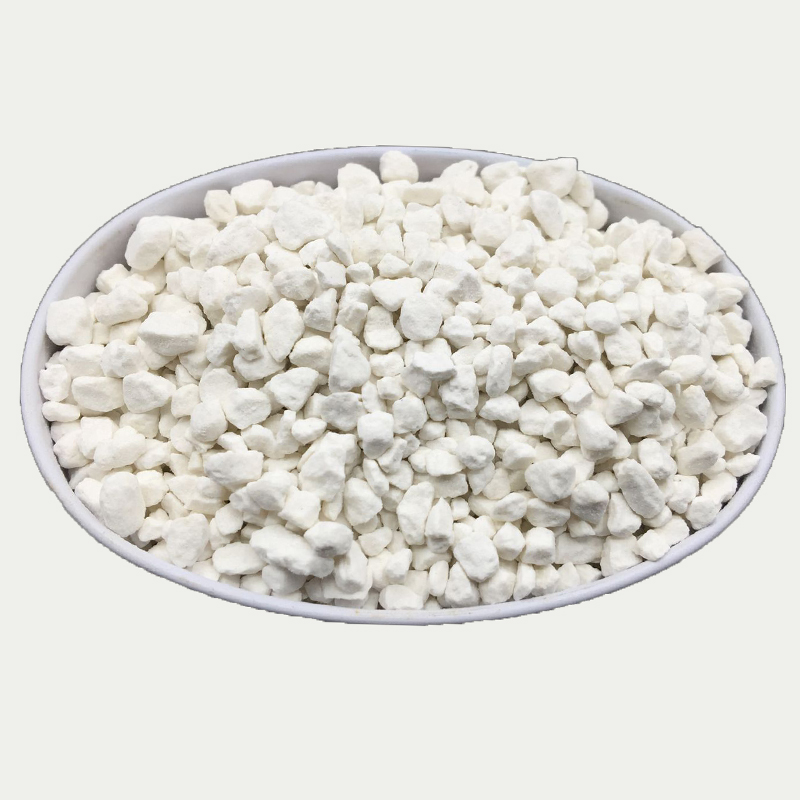
Nov . 26, 2024 03:06 Back to list
Innovative Solutions from Leading Fertilizer Producers for Sustainable Agriculture
The Role of Fertilizer Manufacturers in Modern Agriculture
Fertilizer manufacturers play a crucial role in modern agriculture, providing essential nutrients that help growers maximize crop yields and improve food security. As the global population continues to rise, the pressure on agricultural systems increases, necessitating the use of fertilizers to enhance productivity and ensure the supply of food. This article explores the significance of fertilizer manufacturers, the types of fertilizers they produce, their impact on sustainable agriculture, and the challenges they face.
Types of Fertilizers
Fertilizers can be broadly categorized into two types organic and inorganic (or synthetic). Organic fertilizers, derived from natural sources such as compost, manure, and plant products, enhance soil structure and encourage the development of beneficial microorganisms. On the other hand, inorganic fertilizers are chemically synthesized and contain specific ratios of essential nutrients—primarily nitrogen (N), phosphorus (P), and potassium (K)—which are vital for plant growth.
Fertilizer manufacturers invest heavily in research and development to create specialized formulations that cater to different crops, soil types, and growing conditions. For instance, slow-release fertilizers are designed to gradually supply nutrients to plants over an extended period, minimizing the risk of nutrient leaching and ensuring more efficient usage. Specialty fertilizers for specific crops—such as foliar feeds or fertilizers enriched with micronutrients—are tailored to meet the unique requirements of various agricultural practices.
Impact on Crop Yield and Food Security
The contribution of fertilizer manufacturers to agricultural productivity cannot be overstated. According to numerous studies, the application of fertilizers has been linked to increased crop yields. The Food and Agriculture Organization (FAO) estimates that fertilizers are responsible for approximately half of the world’s food production. With a growing global population, expected to reach 9.7 billion by 2050, the demand for food is projected to increase by 60%. Fertilizers are thus essential for ensuring food security and combating hunger.
In addition to enhancing yields, fertilizers also help improve the nutritional quality of crops. For example, phosphorus is crucial for root development, while potassium enhances the plant's ability to withstand stress. Fertilizer manufacturers work closely with agronomists and farmers to provide tailored nutrient management plans that can lead to healthier, high-yield crops.
fertilizer manufacturer

Sustainability Challenges
While fertilizers are vital for modern agriculture, their use poses several sustainability challenges. Over-reliance on synthetic fertilizers can lead to soil degradation, water pollution, and loss of biodiversity. Runoff from fields treated with fertilizers can contaminate water bodies, leading to issues such as algal blooms and the deterioration of aquatic ecosystems. Recognizing these challenges, many fertilizer manufacturers are increasingly adopting sustainable practices, including the production of eco-friendly fertilizers and promoting integrated nutrient management approaches.
Furthermore, the fertilizer industry is focusing on reducing carbon emissions associated with fertilizer production. Innovations in manufacturing processes and the adoption of renewable energy sources are some of the steps being taken to minimize the environmental footprint of fertilizer production.
The Future of Fertilizer Manufacturing
Looking ahead, the fertilizer manufacturing industry is poised to undergo significant transformations. Technological advancements such as precision agriculture, which utilizes data analytics and IoT devices, are revolutionizing the way fertilizers are applied. Farmers can now use data-driven insights to optimize fertilizer use, reducing waste and enhancing crop health.
Additionally, the demand for organic fertilizers is on the rise as consumers become more mindful of the environmental impact of synthetic chemicals. This shift in consumer preferences may drive fertilizer manufacturers to diversify their product lines and invest in sustainable practices.
Conclusion
Fertilizer manufacturers are integral to the agricultural sector, enabling farmers to increase productivity and contribute to global food security. While the challenges associated with fertilizer use are real, the industry is actively seeking ways to promote sustainability and minimize environmental impacts. As technology continues to evolve and consumer preferences shift, fertilizer manufacturers will play an increasingly important role in shaping the future of agriculture, ensuring that the world can sustainably meet its food needs.
-
Premium 8 12 16 Fertilizer – High-Efficiency Compound & Granular NPK Supplier
NewsJun.10,2025
-
High Quality Agricultural Grade NPK Fertilizer Manufacturer & Supplier Reliable Factory Price
NewsJun.10,2025
-
Organic Fertilizer for Corn Boost Yield Sustainably
NewsJun.10,2025
-
Organic Fertilizer for New Plants Natural Growth Boost & Eco Nutrients
NewsJun.10,2025
-
Optimized Hydroponic NPK Fertilizer – Fast Growth & Nutrients
NewsJun.09,2025
-
Top-Rated NPK Fertilizer for Fruit Trees - Boost Growth & Yield
NewsJun.09,2025
